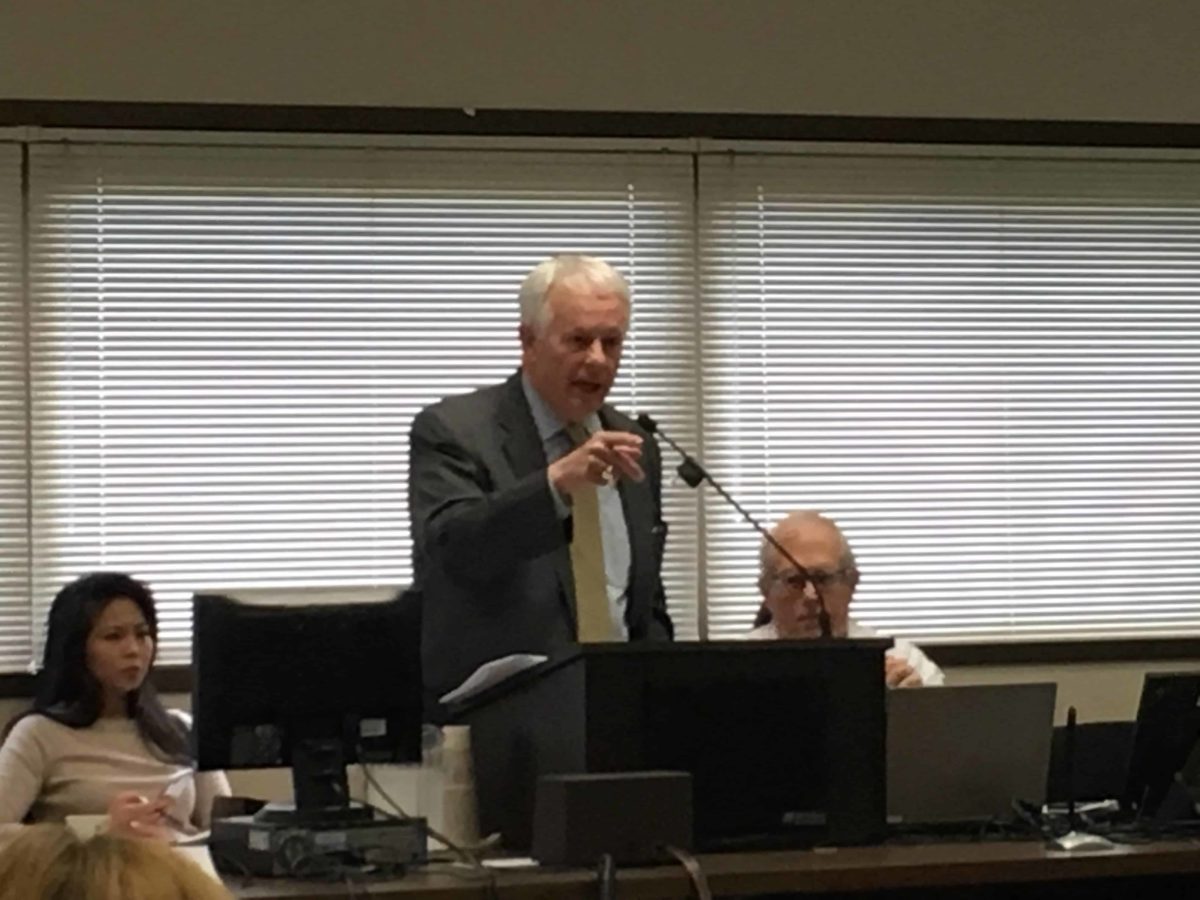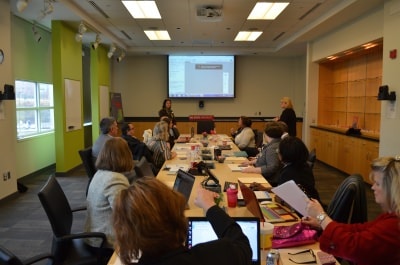

Lawmakers heard from a variety of experts on the value of pre-k education Wednesday, but in the end were possibly left with the same question they started with: does it work or not?
At the committee meeting, John Pruette, director of the Office of Early Learning at the Department of Public Instruction, said pre-k does work, particularly for at-risk children.
“Children at greater risk exhibit greater growth over time,” he said.
The comments were made during the House Select Committee on Education Strategy and Practices. The meeting began Wednesday and ran two days.
Pruette said pre-k programs, like those implemented in North Carolina, can even reduce children’s chances of being put in special education during their learning career.
However, he cited studies, specifically one at Vanderbilt University, that showed that by 3rd grade, non pre-k students were catching up to those who took pre-k and, in some cases, doing better.
The “real magic,” he said, happens in the classrooms. And pre-k alone is not going to get the results policymakers and educators want unless there is strength in the programs students participate in after.
Listen to Pruette’s talk below. Go here to see the document of his presentation.
Joan Lord, vice president of the Southern Regional Education Board (SREB) talked about the SREB Early Childhood Commission Final Report. She emphasized the importance of pre-k. saying it was more than just an education issue.
“Pre-k can have an effect on the economic and cultural development of the state,” she said.
She pointed out one problem with pre-k education in North Carolina, however. Pre-k students in the state are more affluent on average.
“Your challenge is the access piece,” she said.
Listen to her whole presentation here. See the document of her presentation here.
Mark W. Lipsey of Vanderbilt University talked about the Tennessee Voluntary Pre-Kindergarten Effectiveness Study. He cautioned lawmakers about the benefits of pre-k, saying the evidence is not very supportive. He also said that a lot of the evidence to support pre-k effectiveness comes from small programs that bear little resemblance to state-funded pre-k programs.
“The problem area from the standpoint of evidence is the question of long-term effects,” he said.
He cited two “good” studies of public pre-k, neither of which found sustained effects from pre-k programs. He said the search is still out for something that will create the impacts some advocates say pre-k does.
“We just have to figure out what accomplishes that goal without assuming we know,” he said.
Tracy Zimmerman, executive director of the NC Early Childhood Foundation, previously has explained to EdNC that the effectiveness of pre-k comes down to the quality of the particular program.
Listen to Lipsey’s presentation below. Go here to see the document of his presentation.
Other early childhood presentations from the first day are below.
Next is Cindy Watkins, president of NC Partnership for Children, talking about her organization. Here is the document of her presentation.
And below is Sydney Atkinson, Division of Public Health, Women’s Health Branch, North Carolina Department of Health and Human Services, talking about NC DHHS Adolescent Pregnancy Prevention Program. Here is the document of her presentation.
Come back Monday to hear about the second day of the meeting.


